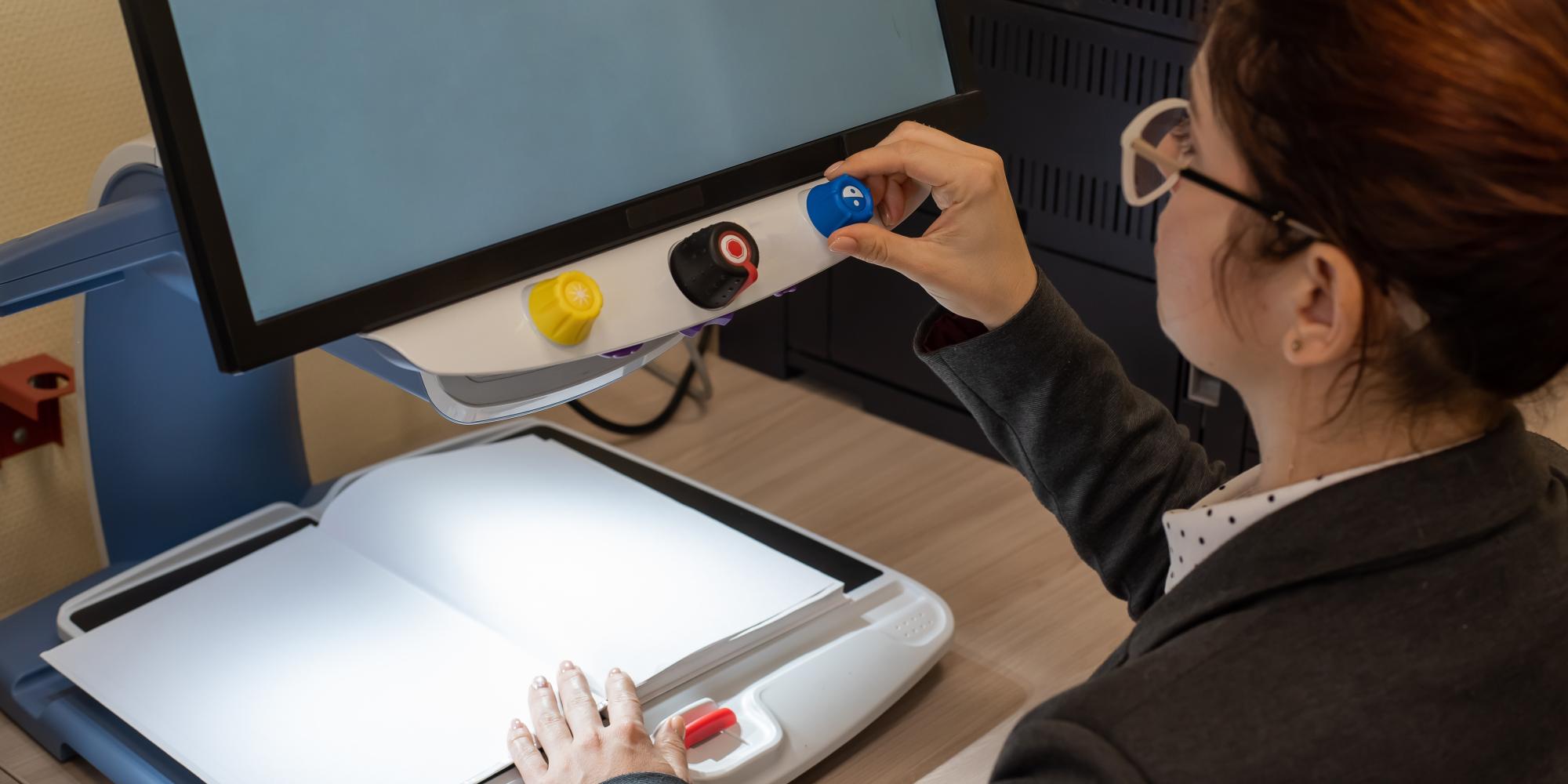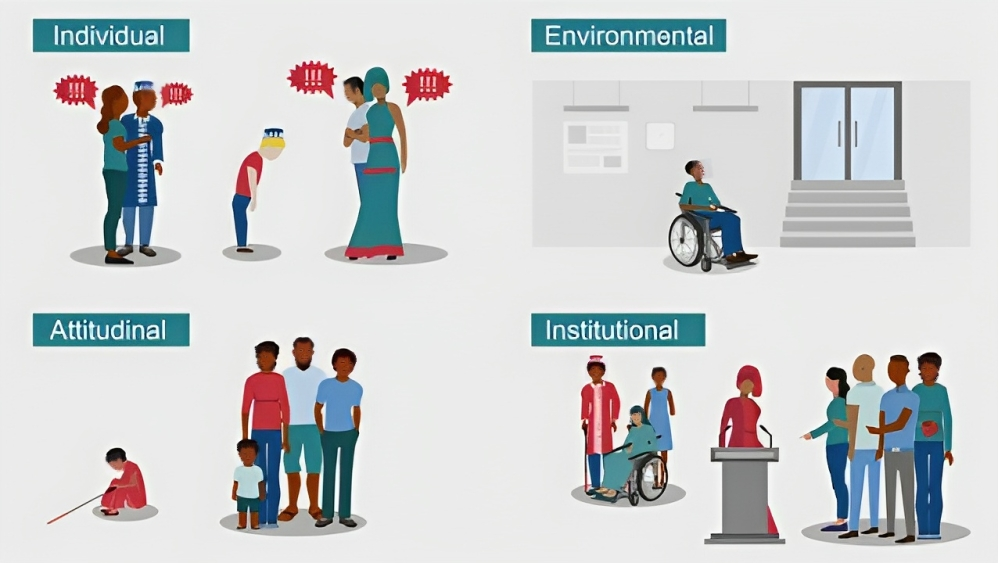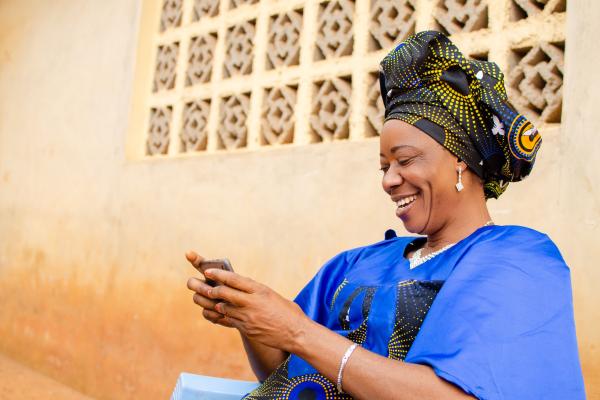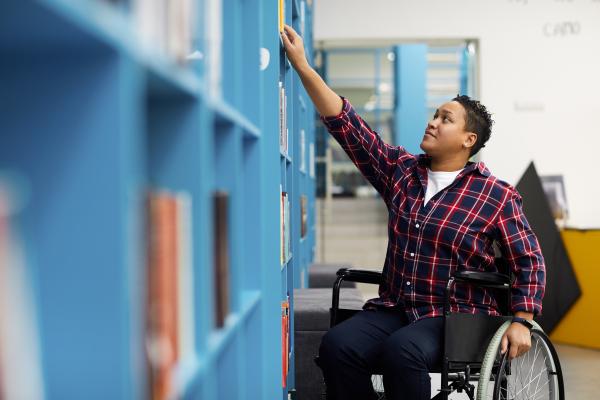Evidence digest focus issue: Disability Inclusive Urban Development & Infrastructure
This evidence digest focuses on Disability Inclusive Urban Development & Infrastructure
SDDirect provides research, guidance, and technical support on disability inclusion in all aspects of policy and programming.
We also mainstream disability inclusion throughout our work to promote the ‘leave no one behind’ agenda and the ‘nothing about us, without us’ call from the disability rights movement.

An estimated 1.3 billion people, or 16% of the global population, have a disability. Despite this, people with disabilities have historically been overlooked in development and humanitarian policy and programming. Too often people with disabilities are denied their basic human rights, including access to education, employment and health services. The disability rights movement is advocating for change.
"…disability results from the interaction between persons with impairments and attitudinal and environmental barriers that hinders their full and effective participation in society, on an equal basis with others" - United Nations Convention on the Rights of Persons with Disabilities

SDDirect has extensive experience providing guidance on disability inclusion across sectors. Through the Disability Inclusive Development Helpdesk, we support the generation of a rigorous evidence base on ‘what works’ to deliver results for people with disabilities. The Helpdesk also provides technical and training support to ensure that data and evidence is used to drive further action and investment in disability inclusion.
We promote disability inclusion through our broader work, including our work on gender-based violence, infrastructure, safeguarding, and women’s economic empowerment.
We take a rights-based approach to disability inclusion and apply a gender and intersectionality lens in everything we do. Working with organisations of persons with disability (OPDs) is central to our approach and essential to promote the approach advocated by the disability rights movement: “nothing about us without us”.
We work to promote disability inclusion in our workplace and operations. SDDirect is a Disability Confident Employer, and we have an active Disability Inclusion Working Group that reports to our executive management team.
If you would like to hear more about our work on Disability Inclusion, please reach out to Rebekah Martin, Head of Disability Inclusion portfolio, rebekah.martin@sddirect.org.uk.
This evidence digest focuses on Disability Inclusive Urban Development & Infrastructure
This report highlights the positive benefits of prioritising gender equality, disability, and social inclusion on poverty reduction, trade and economic development, peace and stability, and addressing climate change and disasters. It provides an intersectional analysis of GEDSI trends in the following areas: legislation and civic space; health, education, employment and social protection; climate change, trade, and security.
This evidence digest focuses on Movement building and Disability Inclusion
This evidence digest focuses on the latest evidence and guidance on disability legislation and rollback of rights.
This resource provides guidelines on safe and ethical data collection on disability inclusion in GBV programming, challenges and risks associated with data collection, and case studies of how well this has been done in programming.
This query presents the latest evidence on disability inclusion and rights in Timor-Leste, including in key sectors such as governance, climate change, health, and social protection. Drawing on a literature review and interviews with organisations of persons with disabilities (OPDs) and the Ministry of Social Solidarity and Inclusion, the report also presents data on the progress made in recent years, gaps remaining, and a summary of key stakeholders on disability inclusion.
This evidence digest from the Disability Inclusion Helpdesk focuses on the global landscape of organisations of persons with disabilities (OPDs). It includes the latest research, evidence, tools and webinars on topics including, the challenges and barriers facing OPDs and guidance on how to work more effectively with OPDs. The evidence digest begins with a guest blog from Diane Kingston, Global Technical Lead on Disability Inclusion and Mainstreaming at Sightsavers.
Infrastructure is vital for societal development and economic progress, but benefits are often not distributed equally. This cheat sheet provides information for policy makers and programme staff on how to mainstream gender equality, disability and social inclusion into infrastructure initiatives to effectively drive economic growth, enhance accessibility, and foster sustainable outcomes that benefit everyone.
This resource provides a summary of current disability inclusion situation in the Republic of Korea.
This resource provides a summary and feedback towards the Mentoring to Civil Society Support Programme (CSSP) Phase 2 programme in Ethiopia.

